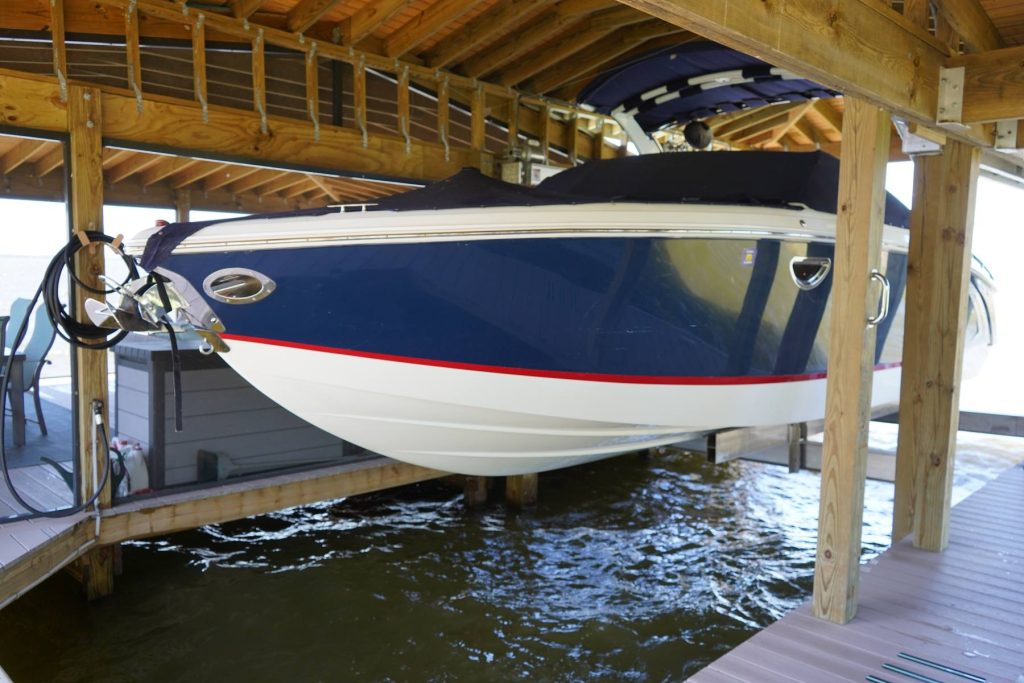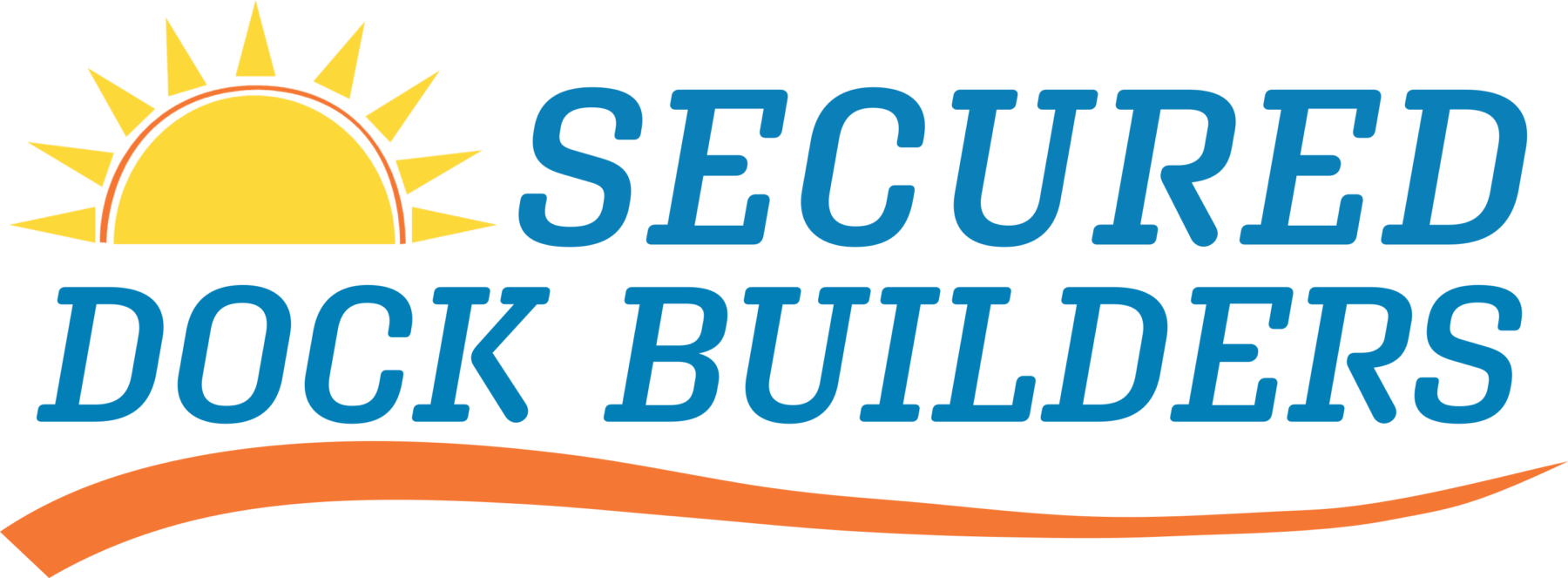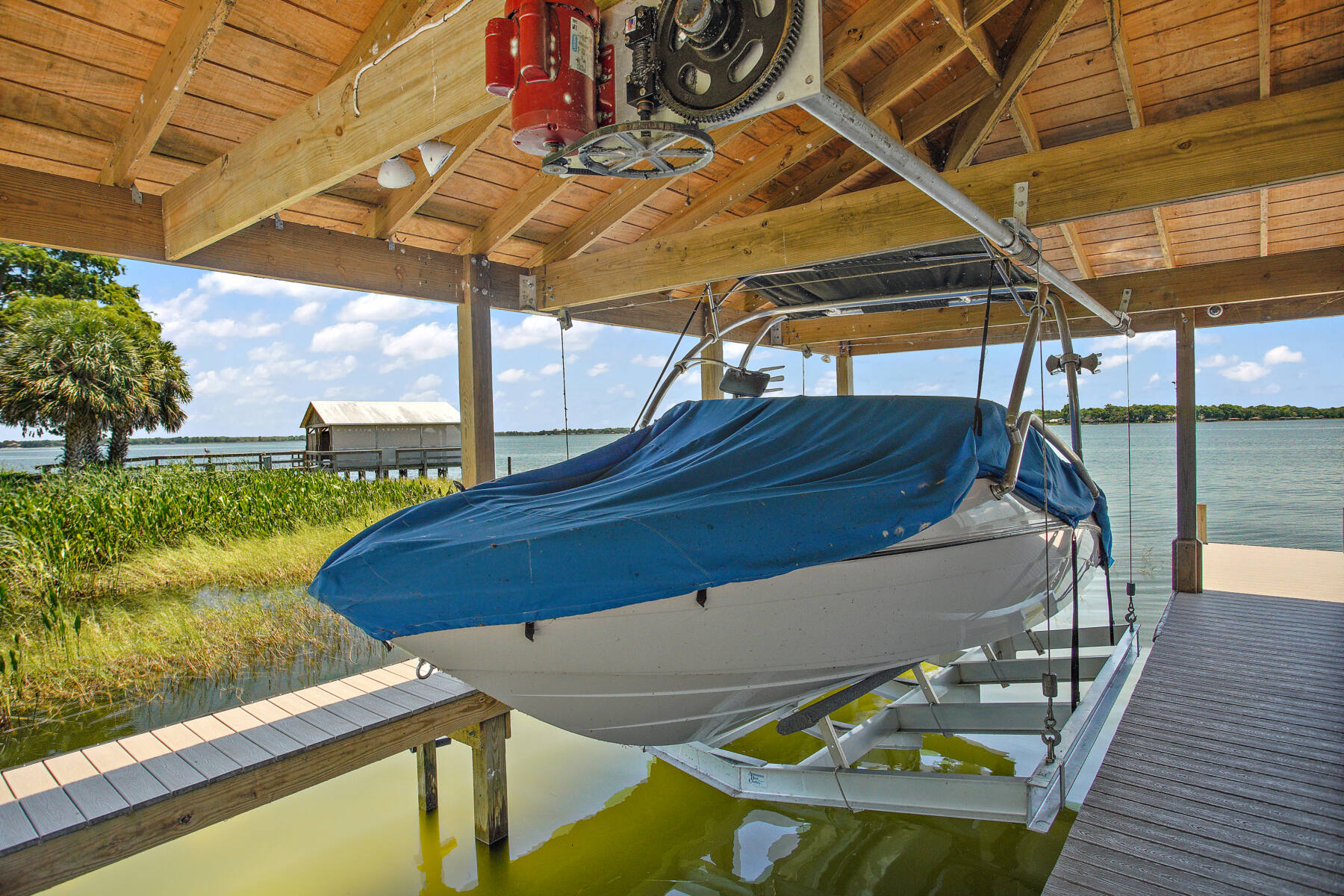Are you dreaming of sailing the open seas or cruising tranquil waters? Buying a boat is an exciting endeavor, but it’s essential to navigate the process wisely to ensure you make the right choice. In this comprehensive boat buying guide, we’ll explore the differences between new and used boats, provide valuable tips for purchasing, and discuss important factors to consider before making your decision.
Boat Buying Guide: New vs. Used Boats
When it comes to purchasing a boat, one of the first decisions you’ll need to make is whether to buy new or used. Both options have their advantages and considerations, so let’s delve into the differences:

New Boat Advantages:
- Warranty Coverage: New boats typically come with manufacturer warranties, providing peace of mind against potential defects or issues.
- Customization Options: Buying new allows you to customize the boat to your preferences, from features and accessories to color schemes.
- Latest Technology: New boats often incorporate the latest technology and design advancements, offering improved performance, efficiency, and safety features.
Used Boat Advantages:
- Cost Savings: Used boats generally come with a lower price tag compared to new ones, making them a more budget-friendly option.
- Immediate Availability: Unlike ordering a new boat, purchasing a used boat means you can start enjoying your maritime adventures right away.
- Depreciation: Used boats have already experienced their most significant depreciation, so you’re less likely to experience steep value decreases compared to new boats.
Buying a Boat Tips:
Regardless of whether you choose a new or used boat, here are some essential tips to consider during the buying process:
- Boat Purchase Considerations: Determine your intended use for the boat, whether it’s fishing, cruising, watersports, or offshore adventures. Consider factors like size, type, and features that align with your needs and preferences.
- Boat Inspection Checklist: Conduct a thorough inspection of the boat, or hire a professional marine surveyor to assess its condition. Check for signs of damage, wear and tear, structural integrity, and mechanical issues.
- Budgeting for Boat Purchase: Set a realistic budget that includes not only the purchase price but also ongoing expenses such as insurance, maintenance, mooring or storage fees, fuel, and registration.
- Financing Options for Boat Buyers: Explore financing options such as marine loans, which can help spread out the cost of your boat purchase over time. Compare interest rates, terms, and repayment options to find the best deal.
- Boat Resale Value: Consider the boat’s resale value when making your decision. Factors such as brand reputation, age, condition, and popularity within the market can influence its future resale value.
- Boat Warranties and Maintenance Costs: Review the manufacturer’s warranty for new boats and inquire about any extended warranty options. Factor in ongoing maintenance costs, including regular servicing, repairs, and upgrades.
Whether you opt for a new or used boat, purchasing a vessel is a significant investment that requires careful consideration. By weighing the advantages and considerations of each option, conducting thorough inspections, and following essential buying tips, you can make an informed decision that leads to years of enjoyment on the water. Remember to prioritize safety, budgeting, and your specific boating needs when choosing the perfect boat for your adventures. Happy sailing!

